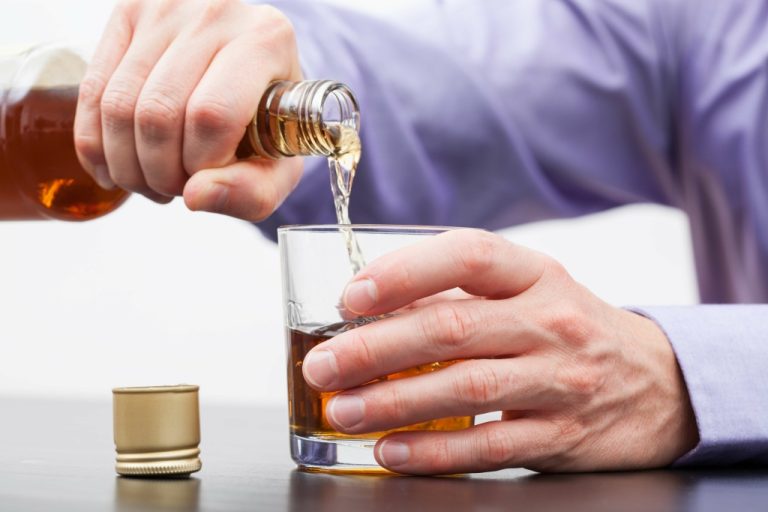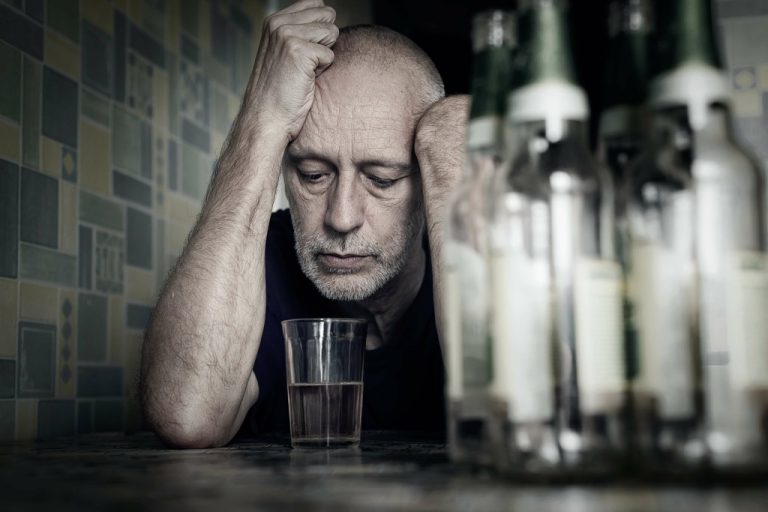Content
Choice House offers an answer to what is the best therapy for alcoholism by using a lot of different therapies and services. Residential treatment programs typically include licensed alcohol and drug counselors, social workers, nurses, doctors, and others with expertise and experience in treating alcohol use disorder. For serious alcohol use disorder, you may need a stay at a residential treatment facility.

Contrary to myth, being able to “hold your liquor” means you’re probably more at risk — not less — for alcohol problems. Yet a family history of alcohol problems doesn’t mean that children will automatically grow up to have the same problems. Nor does the absence of family drinking problems necessarily protect children from developing these problems. These therapies are not the only answers to what is the best therapy for alcoholism, but they can be helpful tools for recovery.
Psychotherapy in Alcohol Addiction Recovery
This connection can help fill the void that drugs and alcohol leave in a substance abuser. In cases of psychotherapy for alcoholism, a psychologist might help a patient better understand and manage their cravings and stay motivated to https://www.excel-medical.com/5-tips-to-consider-when-choosing-a-sober-living-house/ achieve their sobriety goals. Psychotherapy sessions can last for severals weeks or span many months. During psychotherapy, the psychologist and patient develop a relationship on the basis of trust, openness, and confidentiality.

Heavy drinking can cause physiological changes that make more drinking the only way to avoid discomfort. Individuals with alcohol dependence may drink partly to reduce or avoid withdrawal symptoms. For many people, drinking alcohol is nothing more than a pleasant way to relax.
Alcohol Use Disorder (AUD) Treatment
We have different programs for people at different stages of recovery. We offer inpatient treatment for people who need more intensive care, and also have an intensive outpatient treatment plan and partial hospitalization offerings as well. One of the key factors in figuring out what is the best therapy for alcoholism is considering your goal. Some people want to stop drinking altogether, while others aim to drink less.

The comprehensive addiction treatment plans offered by San Antonio Recovery Center often incorporate one of the four behavioral therapies outlined above. Moreover, our expert clinicians help match you to the interventions that are likely to provide the biggest impact. Online therapy for alcoholism can involve several techniques and approaches, which some people may find adapt better to a virtual format. Things like cognitive behavioral therapy (CBT), motivational interviewing, and even eye movement desensitization and reprocessing (EMDR) therapy can all be adjusted to work via the phone, computer, or web-based platforms. Yoga and meditation can be beneficial techniques for managing cravings and staying focused during recovery.
Clinical Trials
First, diphenhydramine was ineffective in maintaining the blind after drug administration, so biased expectancies could have influenced results. Control medications such as methylphenidate,42 niacin,2 and low-dose psilocybin1 likewise did not adequately maintain blinding in past psilocybin trials, so this issue remains a challenge for clinical research on psychedelics. Second, EtG samples, used to validate self-reported drinking outcomes, were available for only 53.8% of treated participants. Fourth, the study population was lower in drinking intensity at screening than in most AUD medication trials, and results cannot be assumed to generalize to populations with more severe AUD. Fifth, the 2-group design does not permit evaluation of the effects of psychotherapy or the interaction between psychotherapy and medication.
- Professional medical treatment can help prevent serious complications and ensure a successful recovery.
- This helps prevent heavy drinking and reduces the urge to drink.
- In CBT, every detail about what leads the patient to drinking creates a picture for the therapist.
- During psychotherapy, the psychologist and patient develop a relationship on the basis of trust, openness, and confidentiality.
- Naltrexone was first developed in 1963 to treat addiction to opioids.
Similar results were replicated for anxiety, craving, and depression. Scores on HADS and PACS were lower at post-treatment and follow-up. Again, Patient 3 showed an increase in levels of craving at 6-month follow-up, but this remained lower compared to baseline. Patient 2 was 25 to 30-years old and reported difficulties in controlling alcohol use that began almost 10 years previously as a means of managing anxiety in social situations. He reported that he began to consider his alcohol use as problematic 2 years earlier, when he had some relational problems with his girlfriend and friends because of his behavior when drunk. He attempted, over the last 2 years, to reduce alcohol use autonomously with some transient positive results but he experienced recurrent relapses.
Psychotherapy, often called talk therapy, is a treatment method where you talk with a therapist about your thoughts, feelings, and behaviors. This article can help you answer that question and get the support you need during recovery. The information on this site should not be used as a substitute for professional medical care or advice.
What is the success rate of CBT for alcoholism?
Effectiveness of treatment includes recovery, significant improvement and improvement. Therefore, in the experiment group, the rate of effectiveness was 83.87% and the rate of recovery was 45.16%.
Some therapists also offer payment plans, scholarships, and sliding-scale fees based on income. Overall, gather as much information as you can about the program or provider before making a decision on treatment. If you know someone who has first-hand knowledge of the program, it may help to ask about his or her personal experience. Ideally, health professionals would be able to identify which AUD treatment is most effective for each person. NIAAA and other organizations are conducting research to identify genes and other factors that can predict how well someone will respond to a particular treatment.
